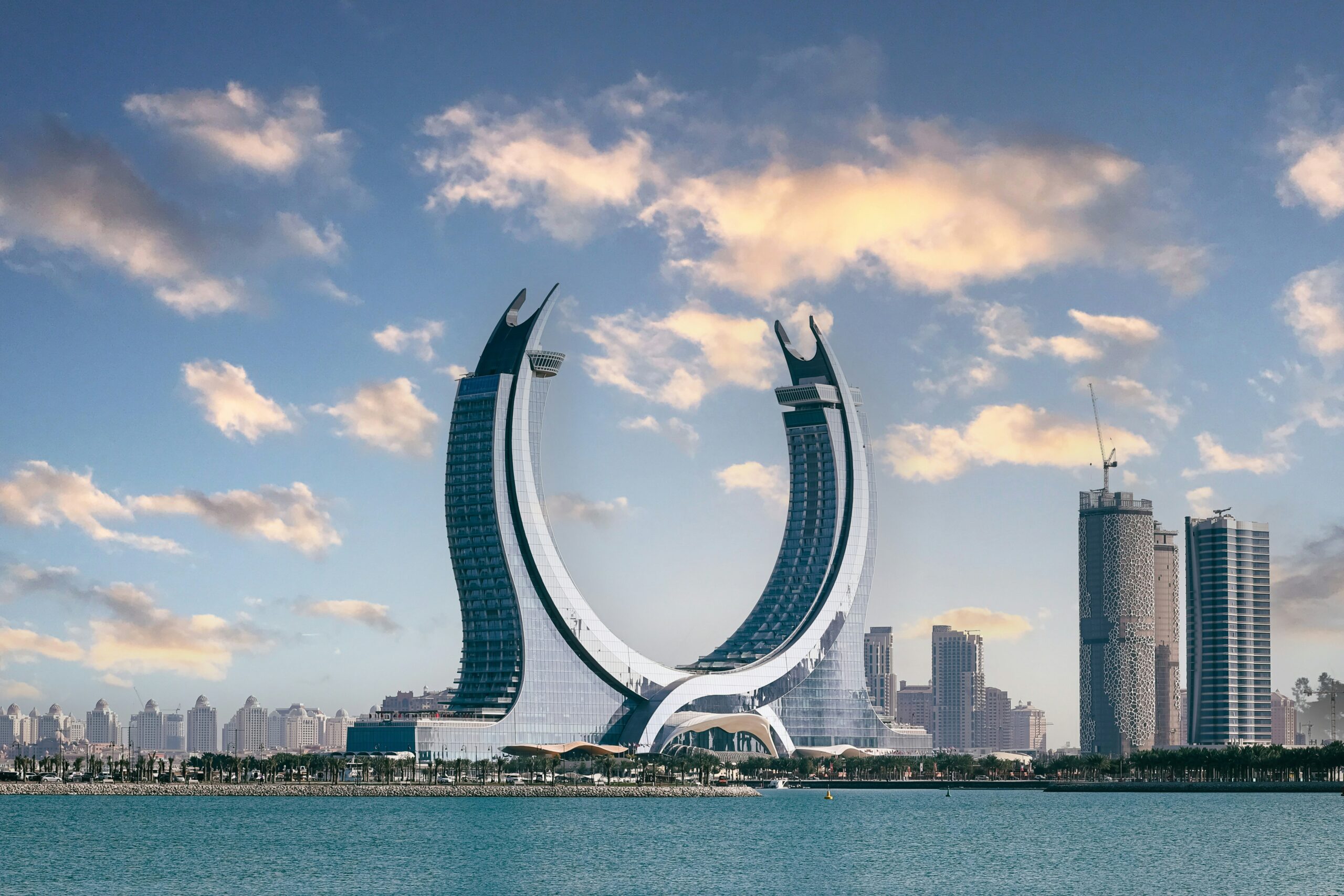Qatar is a peninsular Arab country with a high-income economy backed by the world’s third-largest natural gas and oil reserves. According to the Planning and Statistics Authority, Qatar, the total population of the country stands at 2.89 million people in November 2022 (it was 2.7 million in 2021). Qataris constitute approximately 10.5% of the population, Indians 21.8%, Bangladeshis 12.5%, Nepalis 12.5%, Egyptians 9.4% and Filipinos 7.4%.
Qatar has a public and private health care system with world-class health care facilities, such as Hamad Medical Corporation, Sidra and Naufar, according to A Decade of Health and Well-Being: Qatar 2008-2018, published by the Ministry of Public Health (MOPH) of Qatar. The report describes the country’s extensive network of public sector primary care services, clinics and centres through the Primary Health Care Corporation, along with private health care providers offering accessible frontline care across the country.
The health care system in Qatar is primarily government funded, with the government providing free or heavily subsidized basic health care services to all citizens of the Gulf Cooperation Council countries, including Qatar. The Qatari government ensures extensive public funding for infrastructure, medical equipment, and subsidized services for citizens.
In recent decades, the government has invested significantly in the health care system. The Global Health Expenditure Database for 2021 reports that the country’s total health expenditure reached $5.2 billion, double the $2.6 billion in 2011, reflecting the government’s substantial investment in the health care sector.
Law promoting universal health coverage
The MOPH passed regulations that would contribute to developing the health sector in the country. According to Law No. 22 of 2021, Qatari employers must provide their foreign national employees residing and working in the country with health insurance benefits through private insurance companies. Qatari citizens, in contrast with foreign nationals, are not required to use services offered by private health insurance companies, but are eligible to receive free health care services from the Qatari government.
Road ahead
In Qatar, diabetes, road safety and environmental health are among the most important challenges that MOPH has been successfully battling over the past decade. MOPH is dedicated to ensuring that people in Qatar increasingly remain healthy and disease free. This commitment is reflected in Qatar National Vision 2030, a plan that sets out a road map for the country’s development, including significant developments in the health care sector.


